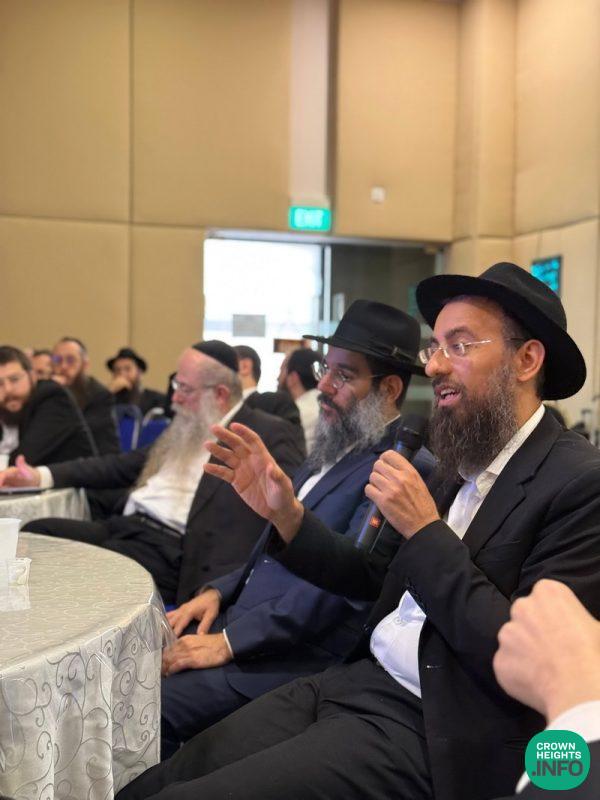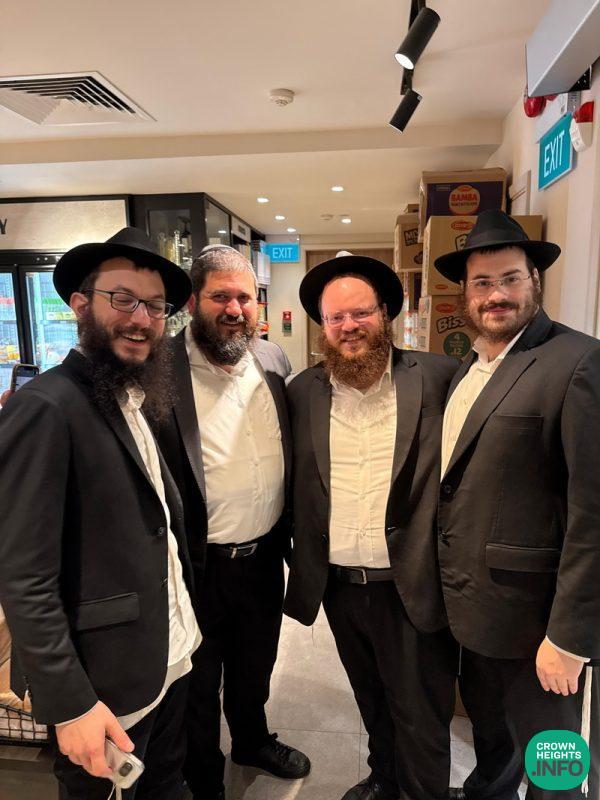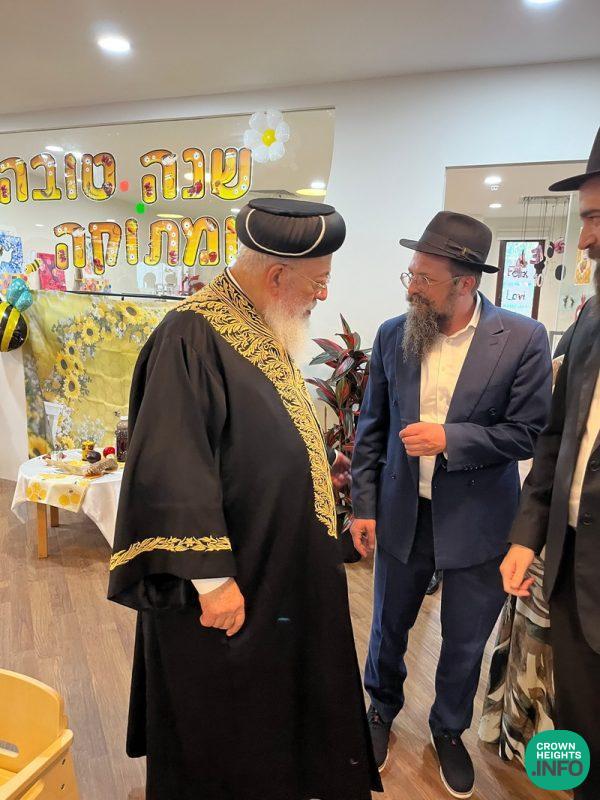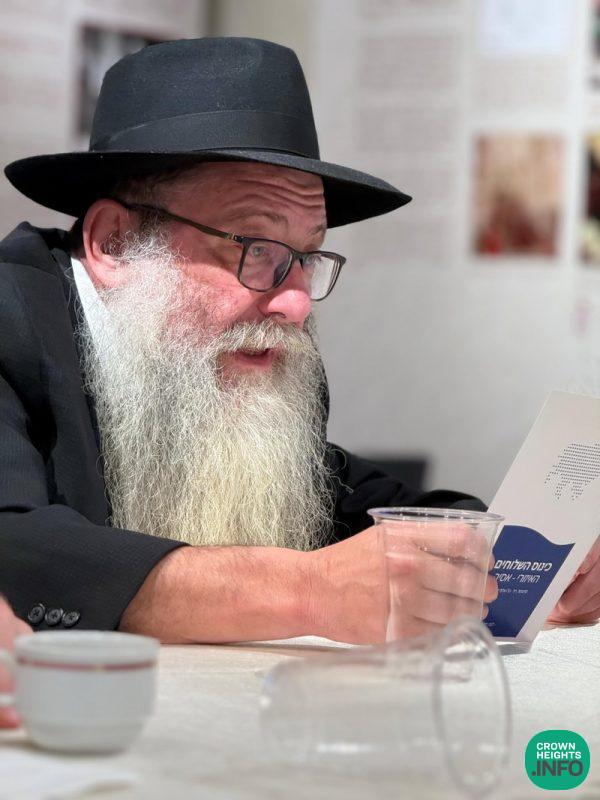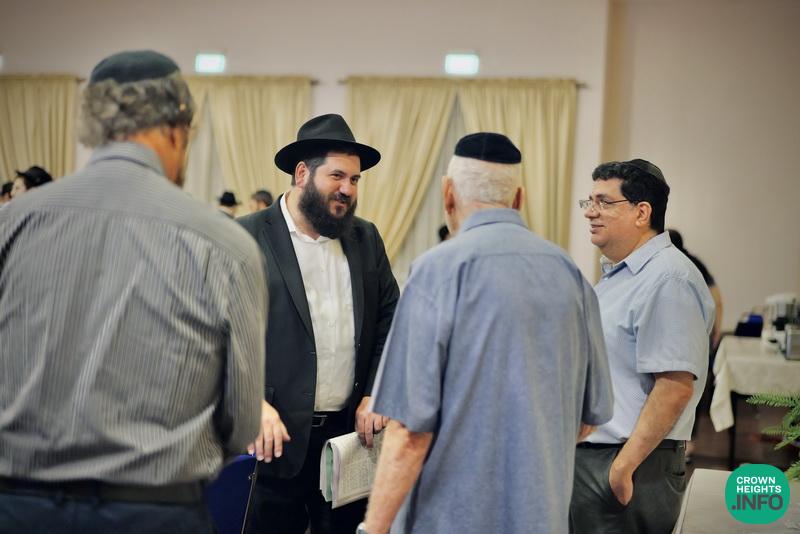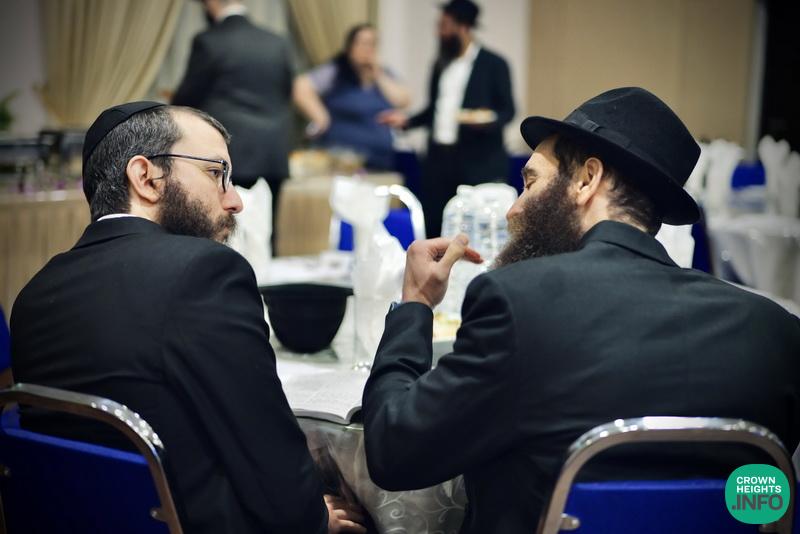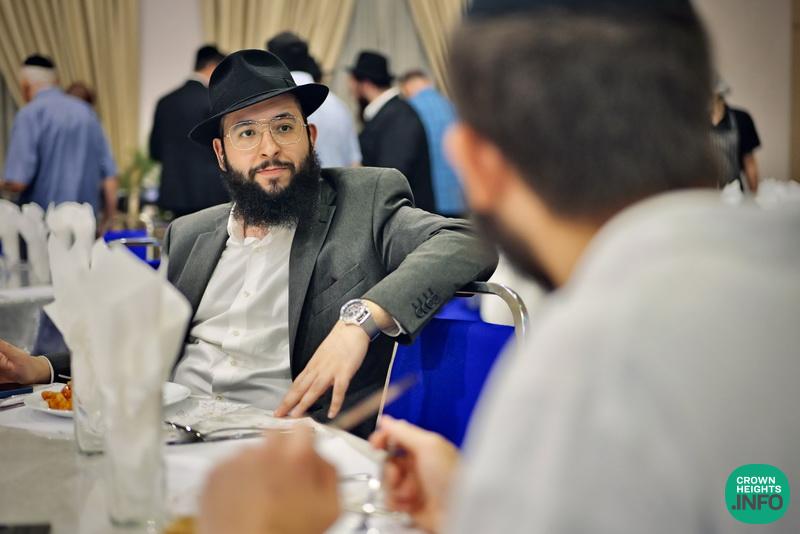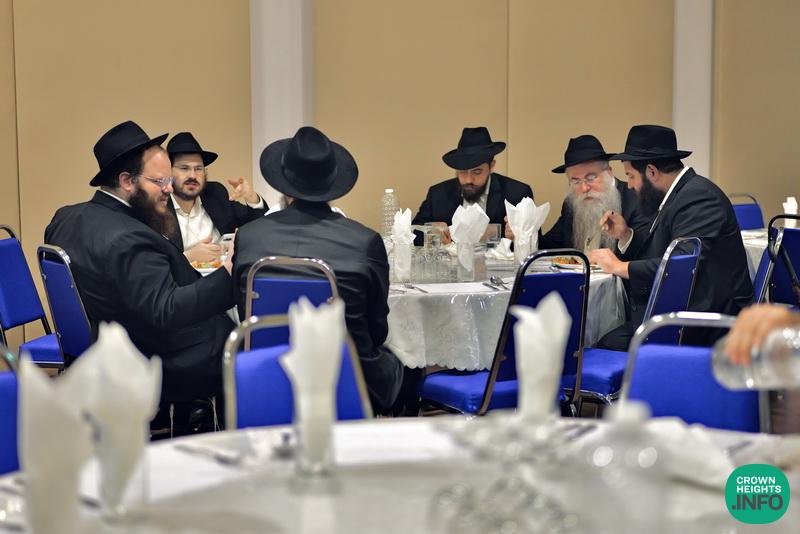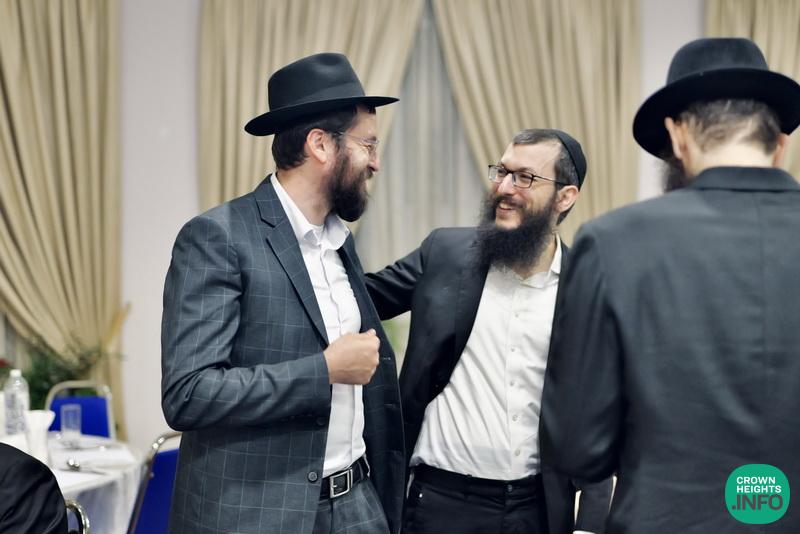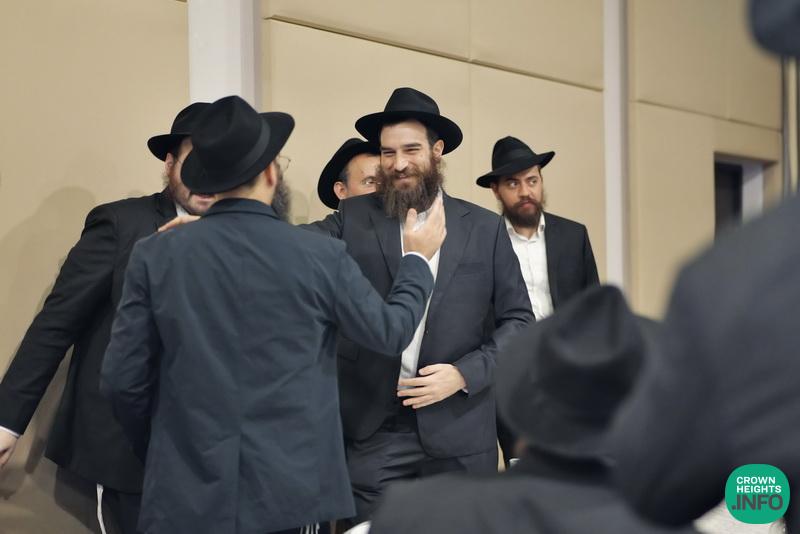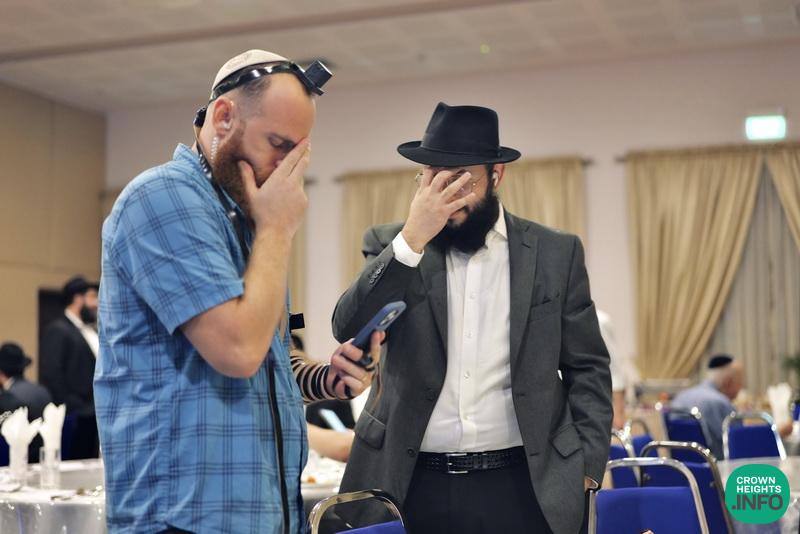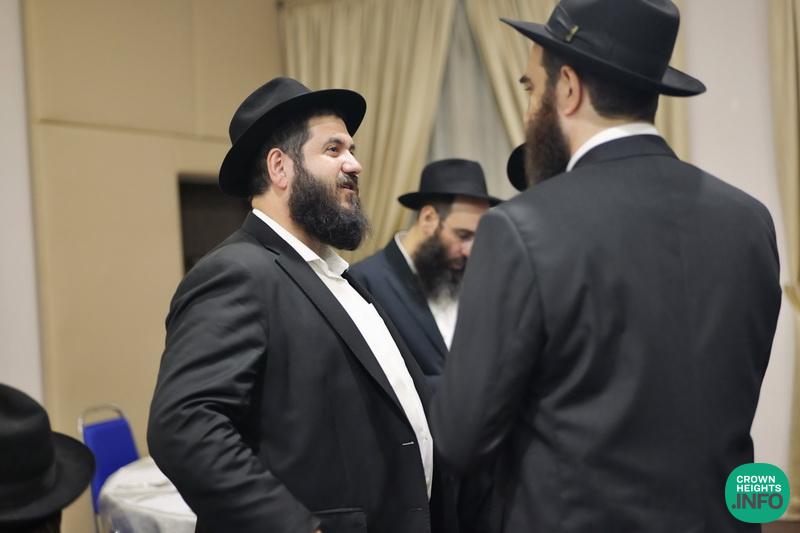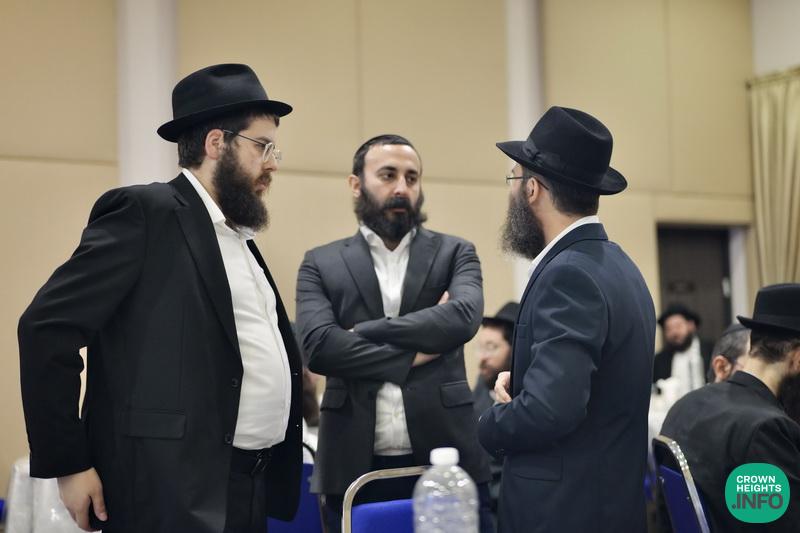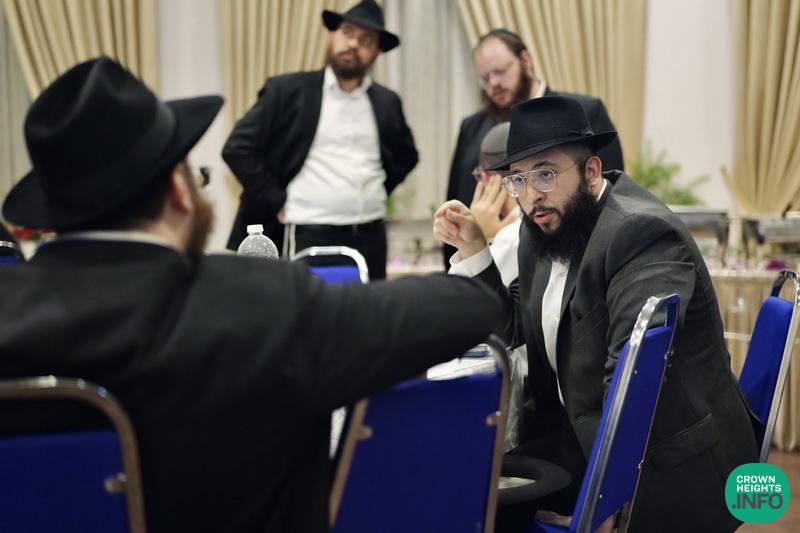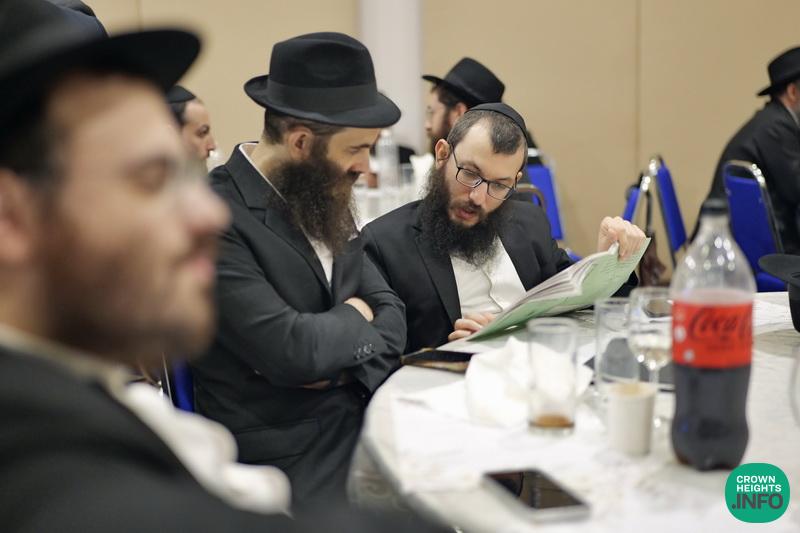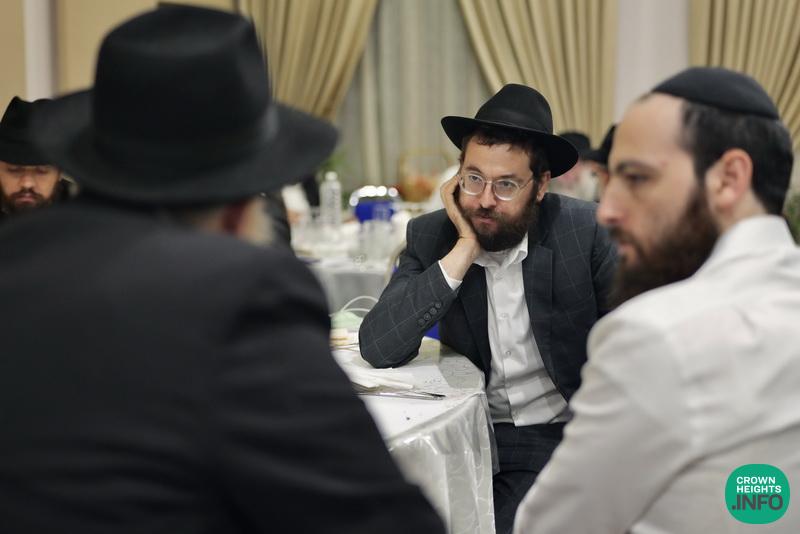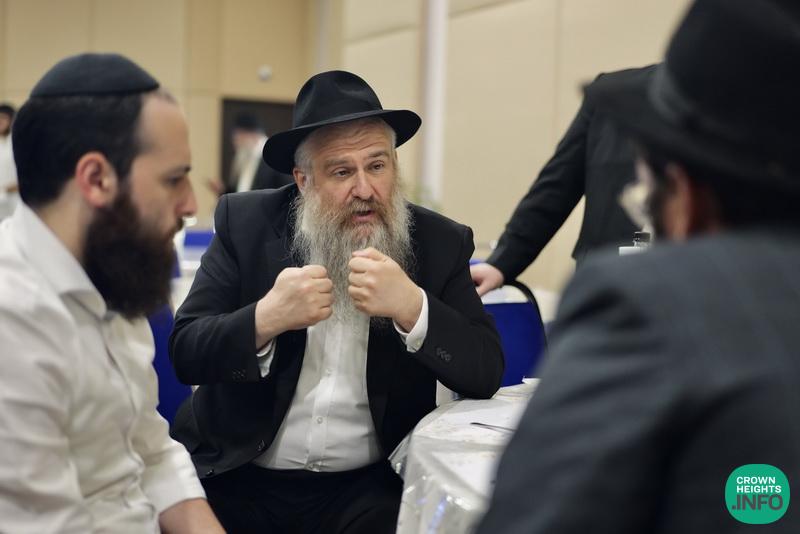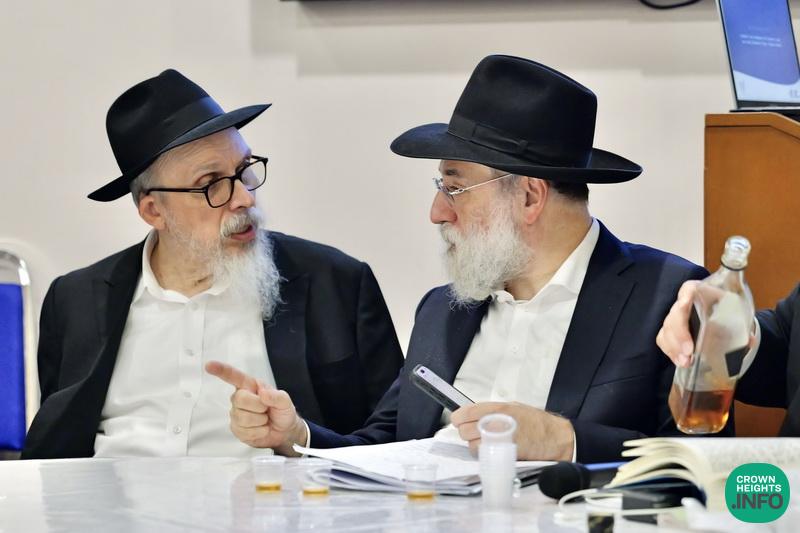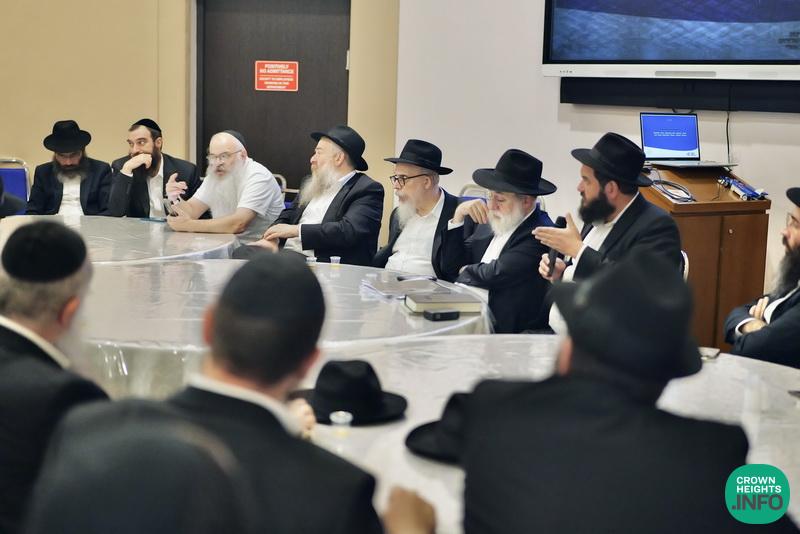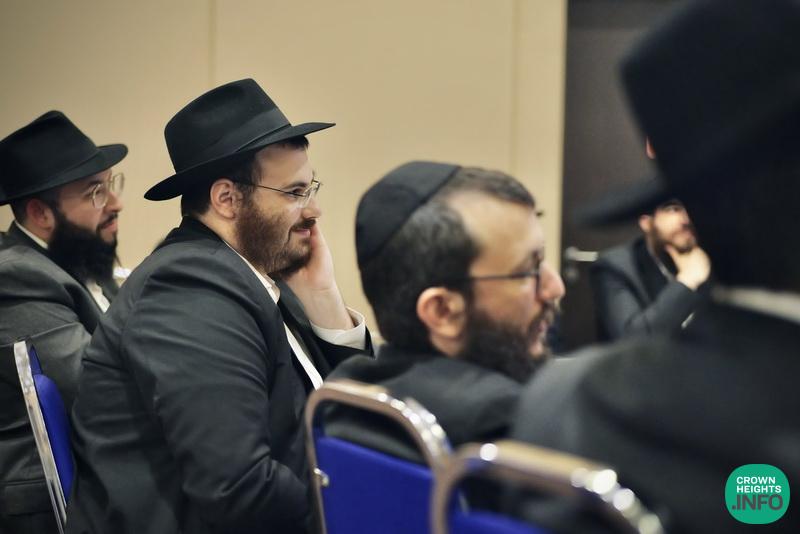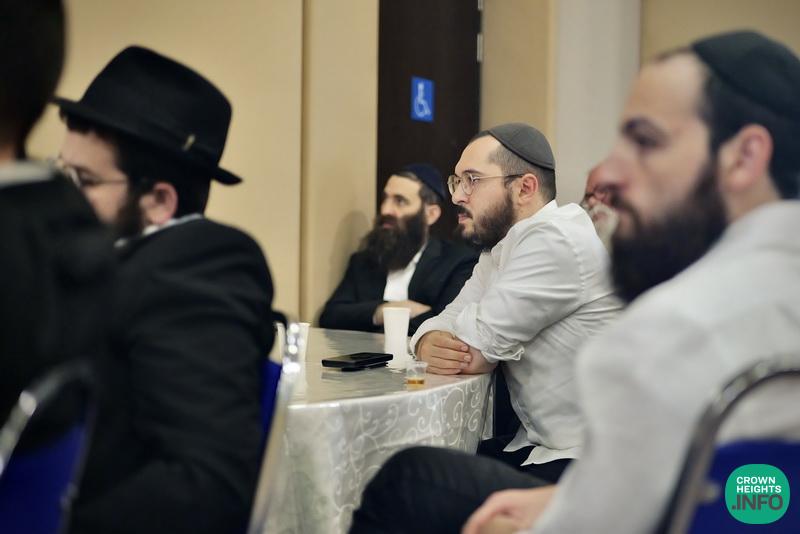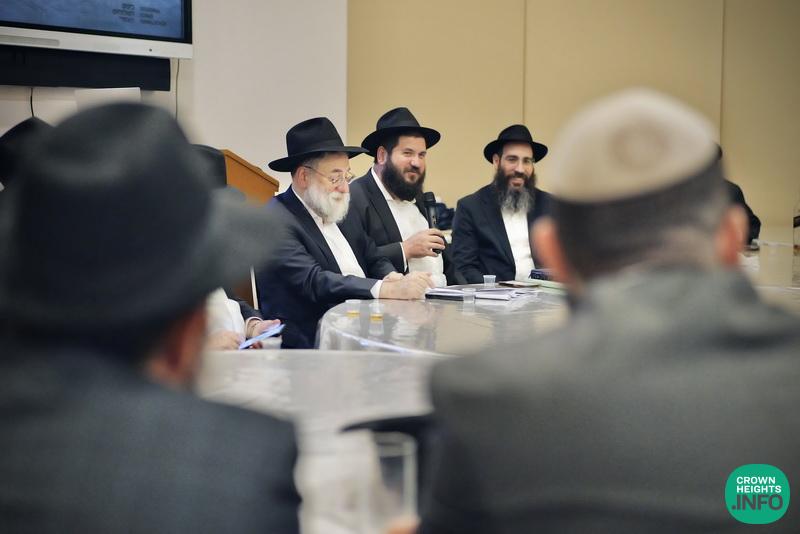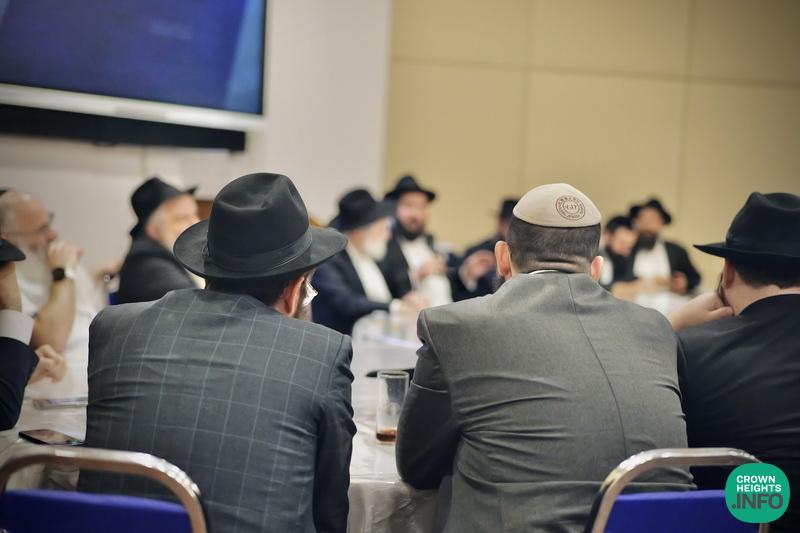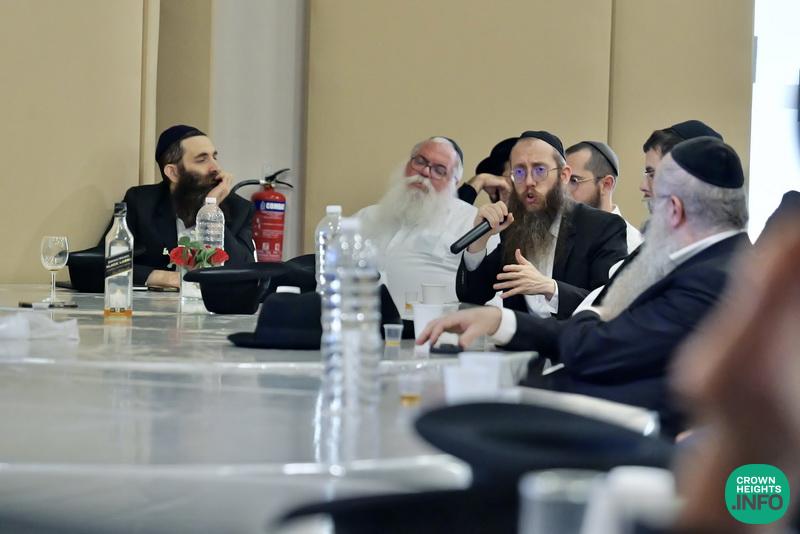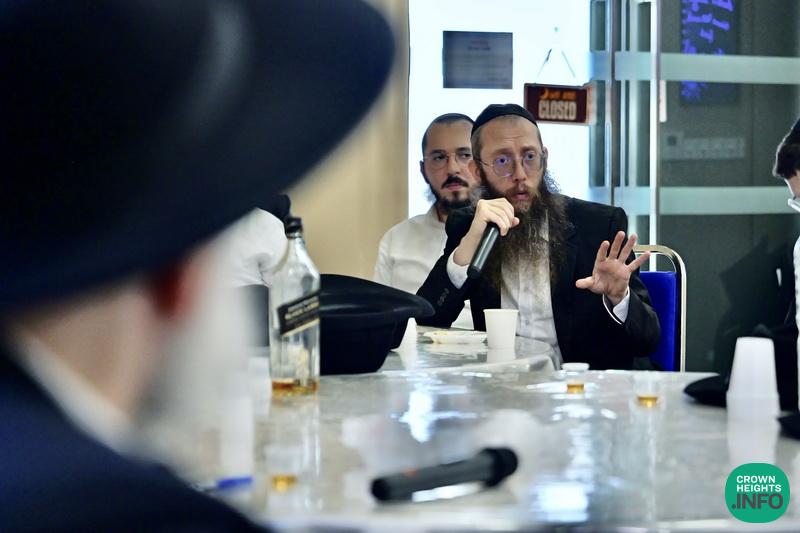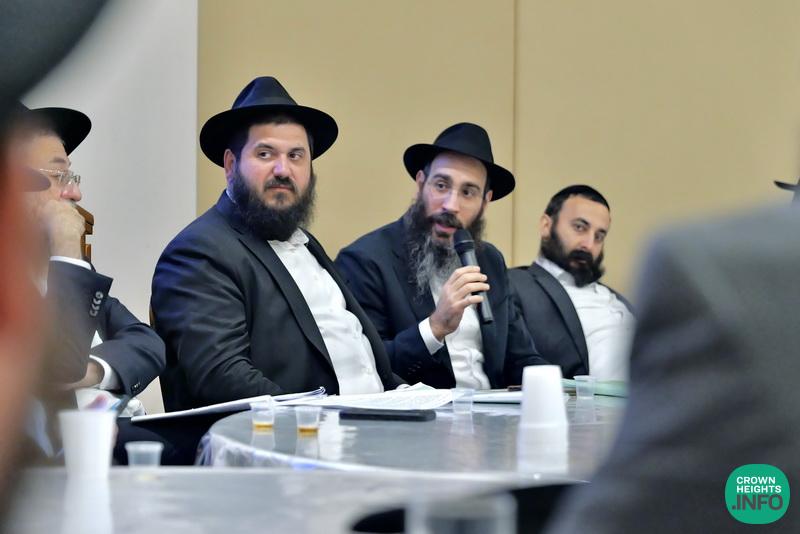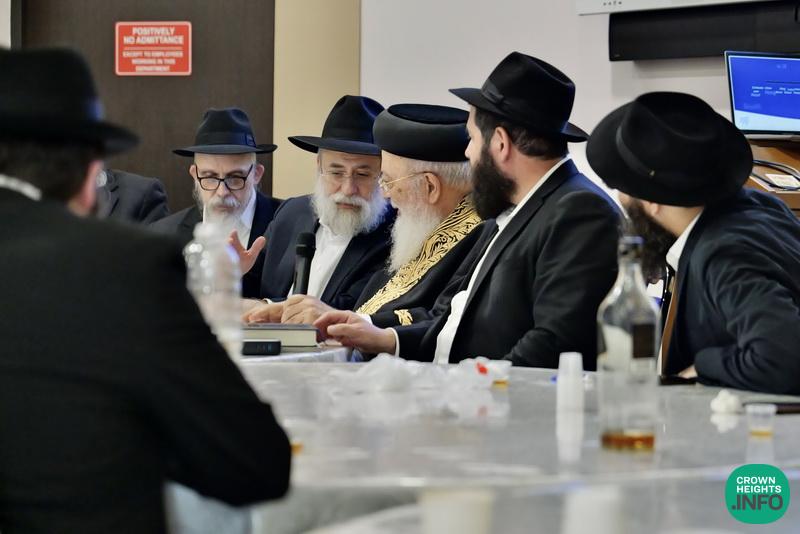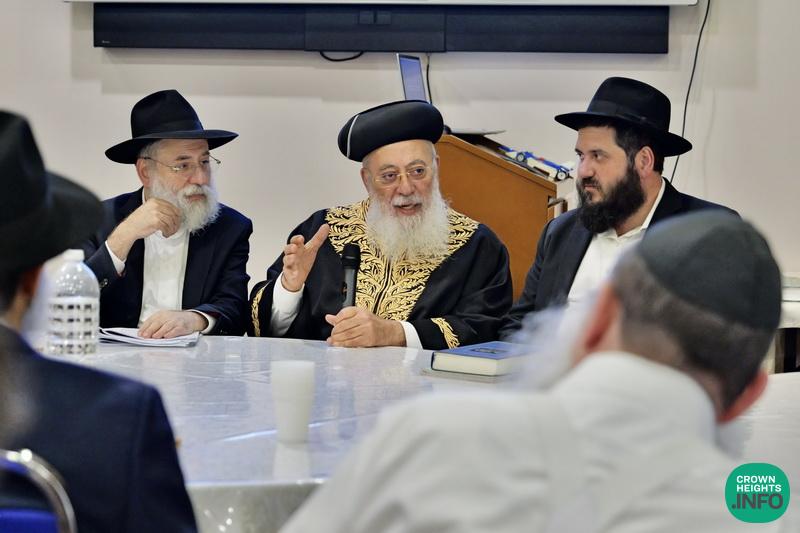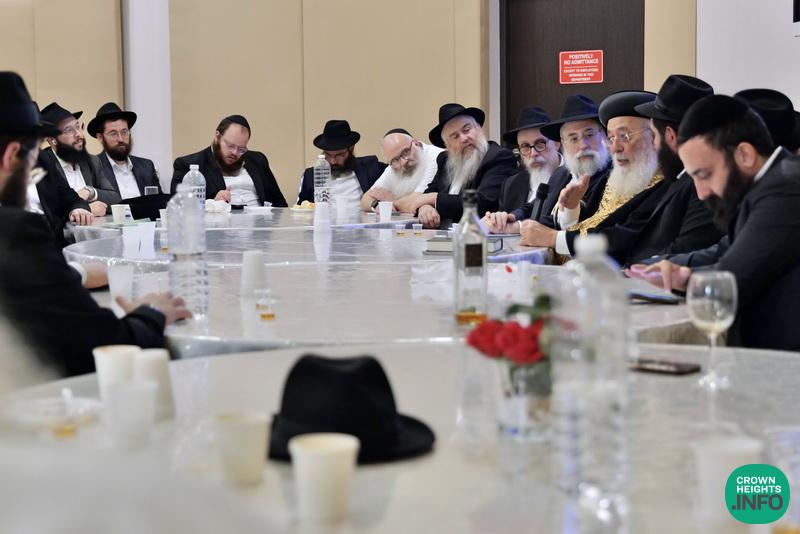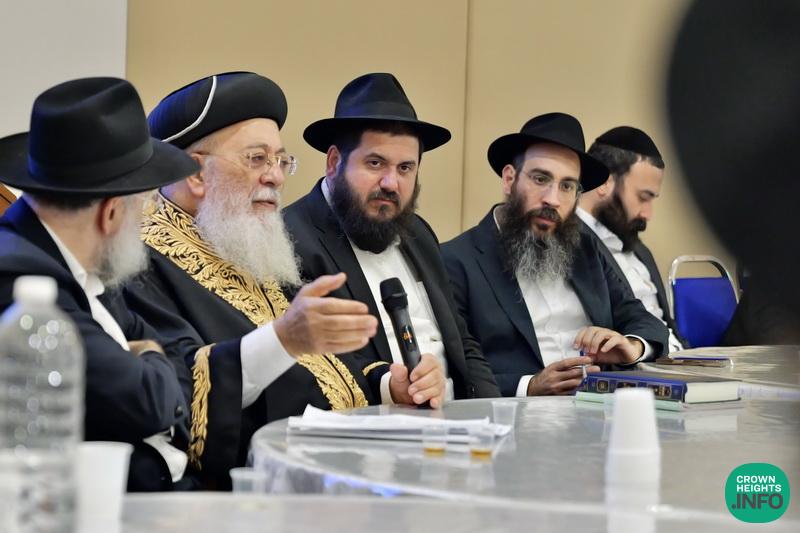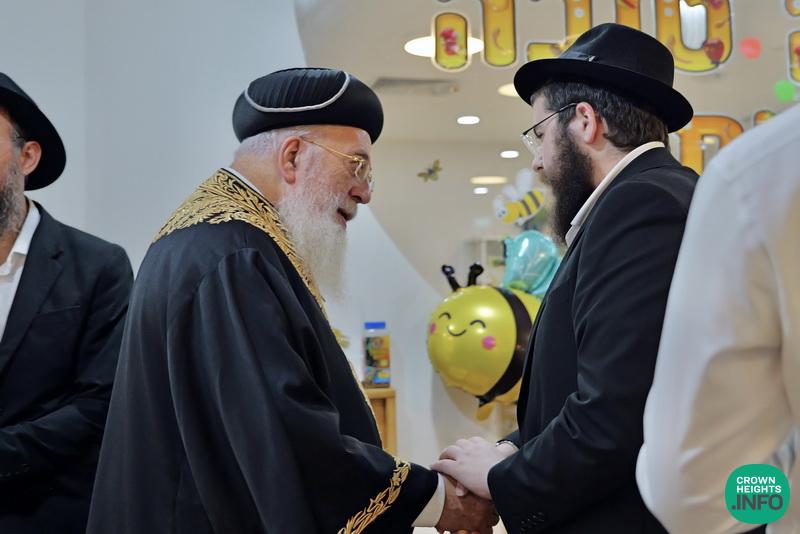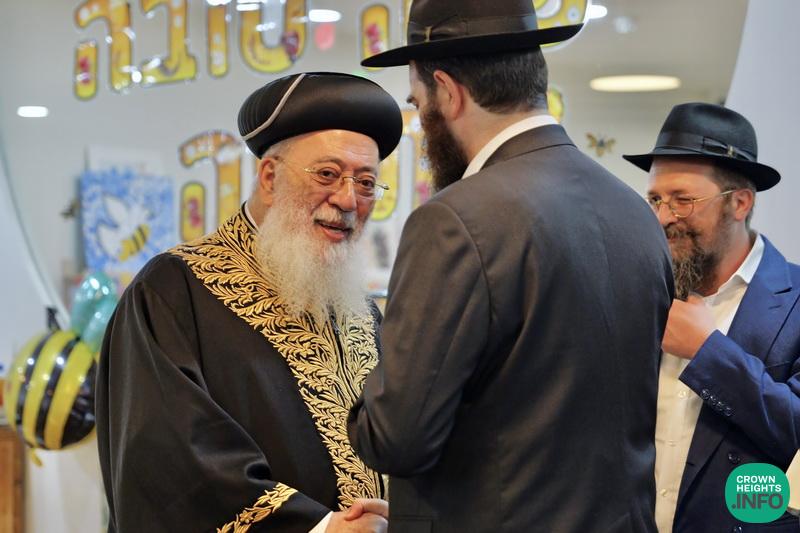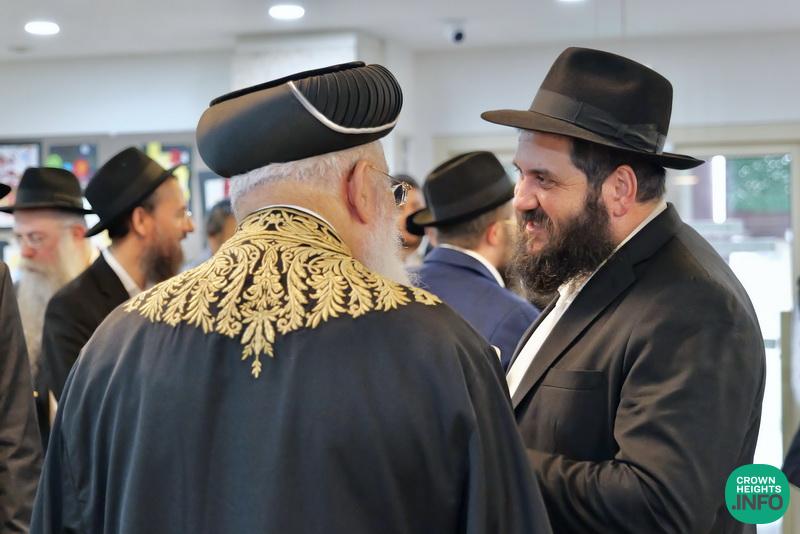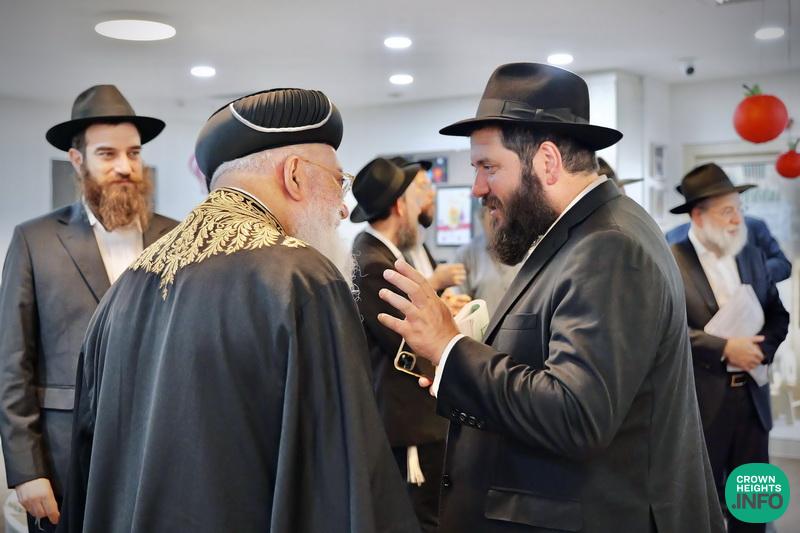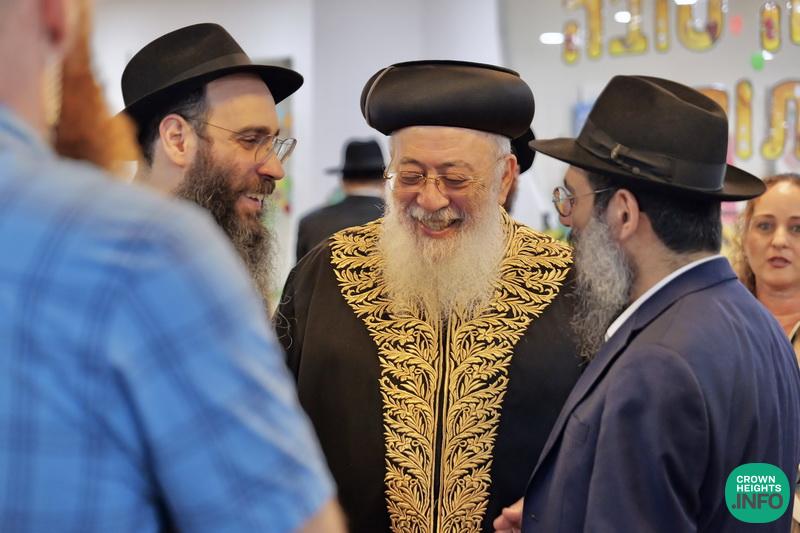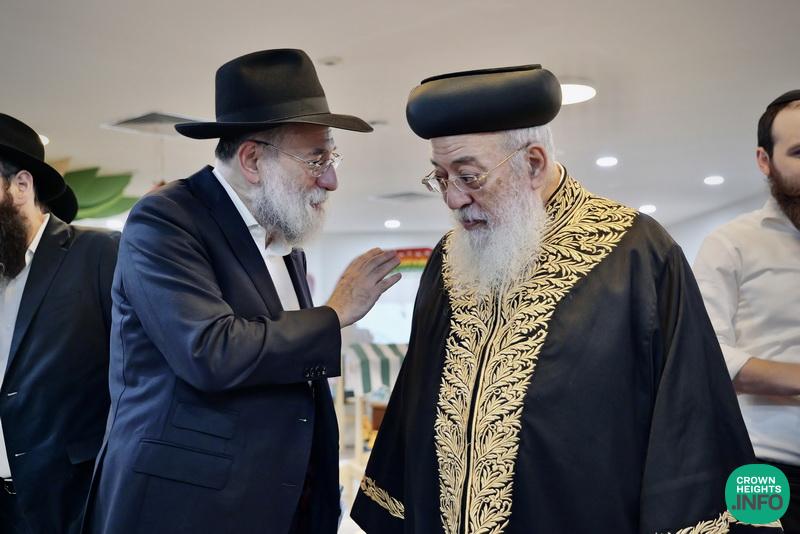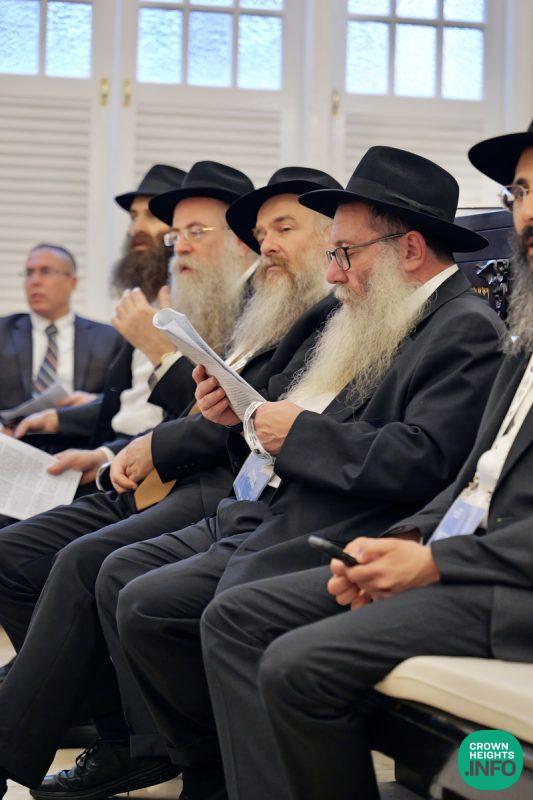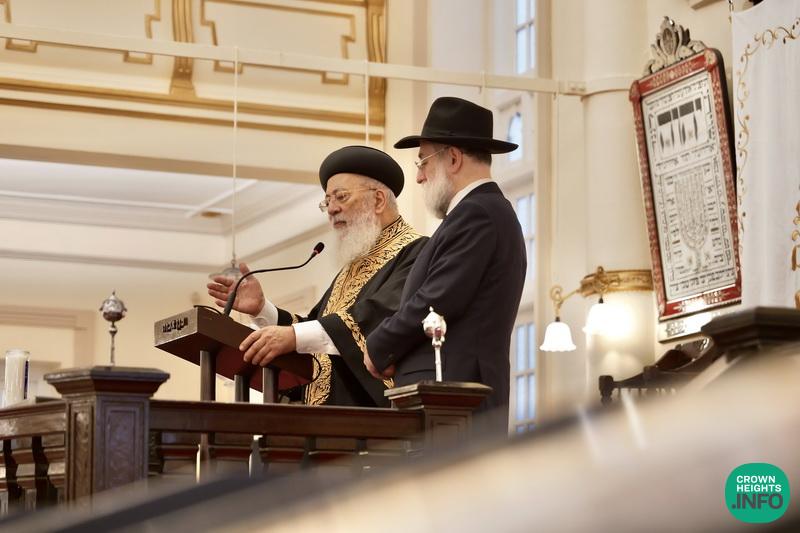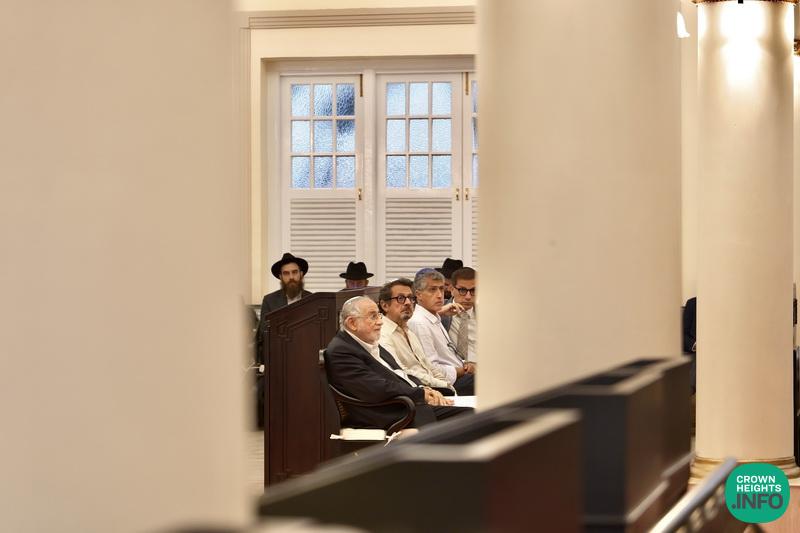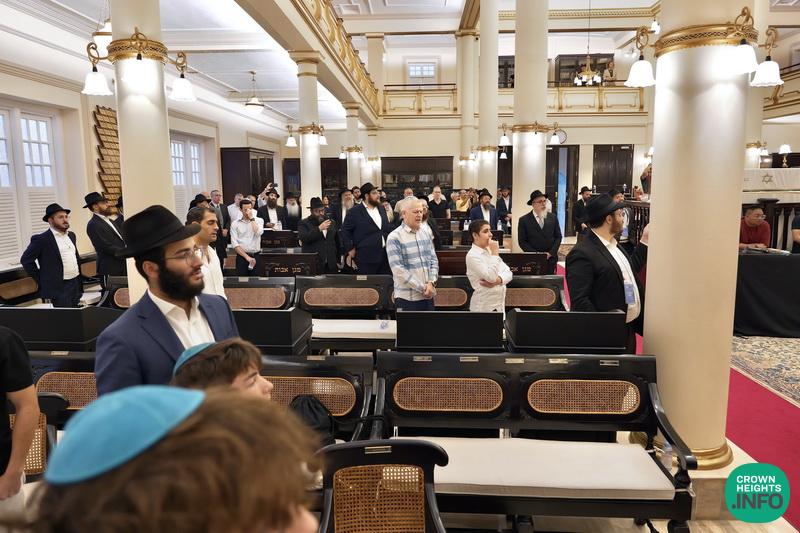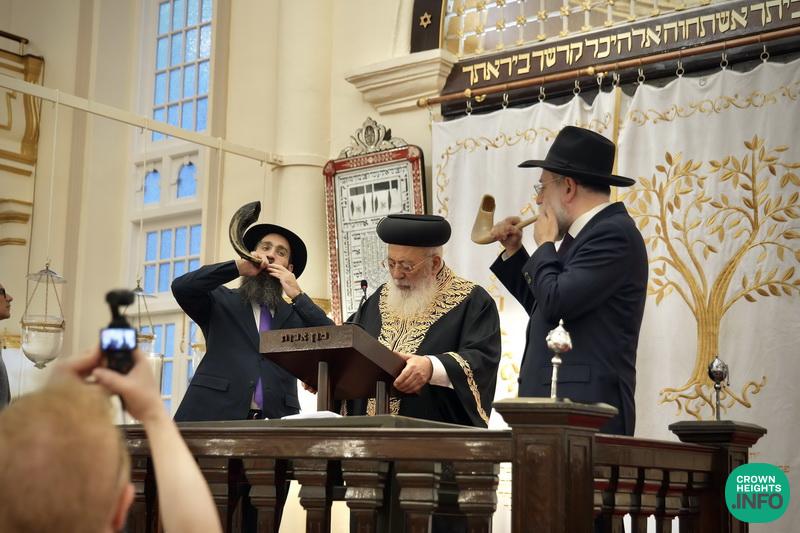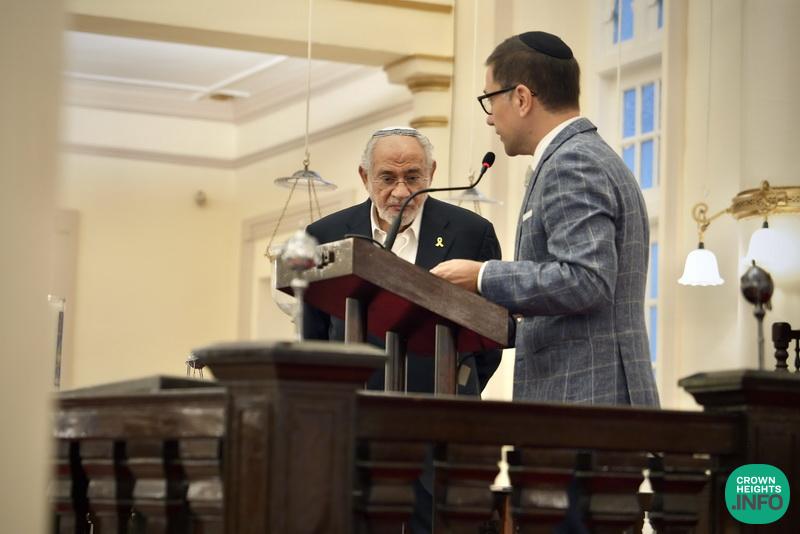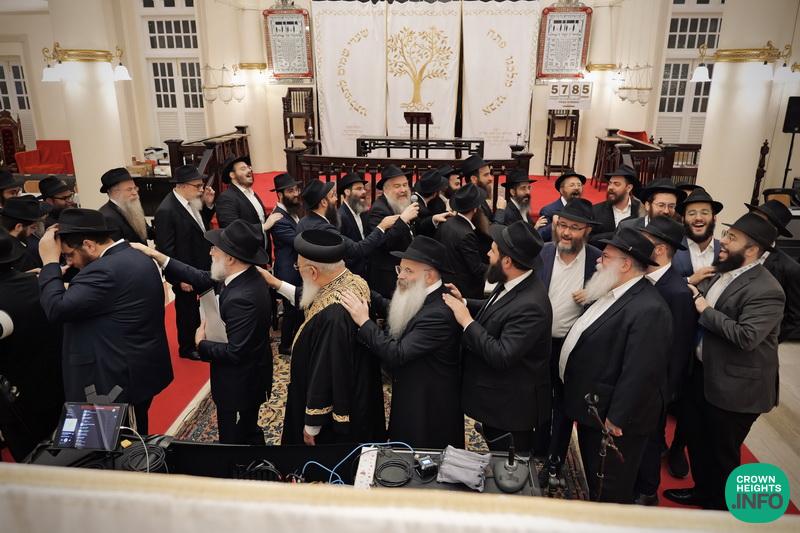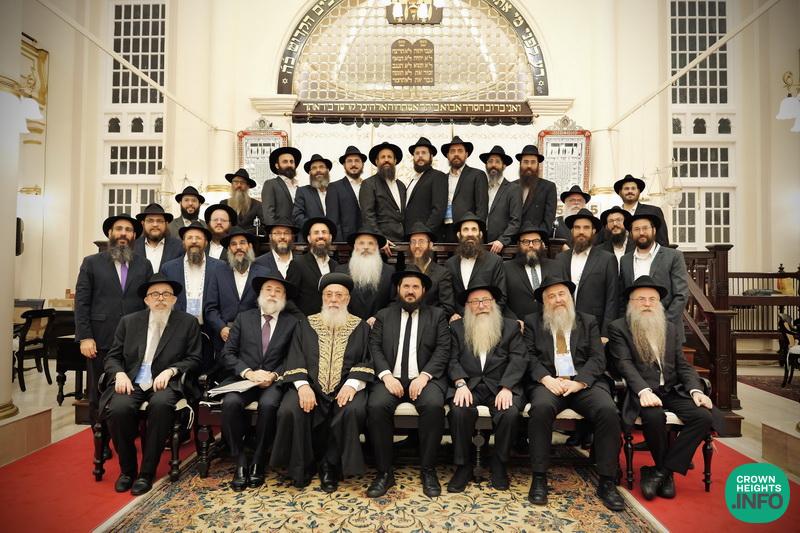
Conference Marks Blossoming of Jewish Life Across Asia
From Hong Kong to Hanoi, a region once devoid of Jewish infrastructure is now dotted with thriving centers, schools, and communities, and a new generation of shluchim carrying that momentum forward.
For two days, Singapore’s Jewish community became a nerve center for Jewish life across Asia, as over 70 emissaries from 15 countries gathered for the regional Kinus Hashluchim.
The conference, hosted by the Singapore community, celebrated both legacy and renewal: forty years after Rabbi Mordechai Avtzon arrived in Hong Kong as the first Chabad shliach to Asia, the region now counts 56 Chabad centers.
Singapore’s Jewish community, led by Rabbi Mordechai and Simcha Abergel, and Rabbi Netanel and Odelia Rivni, hosted the shluchim for the Kinus, which culminated in a gala dinner and the dedication of a new floor at the historic Maghain Aboth Synagogue, a physical symbol of a community and region expanding in size, strength, and ambition.
“The renaissance of Jewish life in Asia is unbelievable,” said Rabbi Mendy Kotlarsky, director of the international conference of Shluchim and Merkos’s efforts in expanding the Shlichus movement. “Thanks to the Rebbe’s vision, and to these selfless families who sacrifice daily to be there for every Jew, everywhere, we’ve witnessed a complete transformation of Jewish life in the region.”
Rabbi Moshe Shlomo Amar, former Sephardic Chief Rabbi of Israel, joined the Kinus and highlighted the Rebbe’s farsighted vision. Drawing on his own experience supporting dispersed Jewish communities worldwide, Rabbi Amar praised the shluchim for turning deserts into oases of Torah life, building mikvahs, kosher resources, and schools where there once was almost nothing.
The Kinus addressed the realities these communities navigate daily: kosher supervision, Jewish education in remote outposts, intermarriage, security, Jewish dating, and more. Much discussion focused on caring for the hundreds of thousands of Jews who pass through the region, many Israeli travelers and veterans in need of rest and support in the months after October 7.
For many shluchim, the conversations weren’t just about strategy; they offered perspective. “The Kinus is a place to realign ourselves, recharge, reenergize,” said Rabbi Yisrael Kozlovsky of Mumbai. “Sometimes, when you’re alone for a long time, you fall into a routine. This gives us clarity again.”
For many participants, Singapore itself was part of the message. “The Kinus in Singapore was the perfect setting,” said Rabbi Dovi Henig of Chengdu. “Seeing such a strong and growing community is an inspiration for what every shliach can build back home.”
The hallmark “Ish Es Re’eihu” roundtable, long led by Rabbi Moshe Kotlarsky, A”H, who the Rebbe entrusted with expanding Chabad’s reach and who was a devoted force behind Jewish life in Asia, was now guided by his son, Rabbi Mendy Kotlarsky. Shluchim shared memories of Rabbi Moshe’s deep personal commitment to their shlichus and his untiring dedication to the Rebbe’s mission.
Around the table, shluchim traded hard-earned wisdom: from how to raise children far from Jewish schools, to staying inspired in isolation, and balancing family and mission. The focus then shifted to what’s next, the recent surge of CTeen and Chabad Young Professionals (CYP) chapters, and building cross-border partnerships to strengthen Jewish life together.
“We’re one family here in Asia,” said Leivy Srugo of CYP Taiwan. “This Kinus is so important because it’s a moment to connect, so we can help others connect. We come to nurture ourselves, to receive strength, wisdom, all to give it forward to our communities. That happens just by being together like family.”
A recurring theme throughout the Kinus was the interplay between generations, with each drawing inspiration from the other. “It was my first Kinus,” said Rabbi Mendy Rabinowitz of Hong Kong. “Before Covid, it was the same close-knit group. Now there’s a whole new wave of young shluchim. What made this Kinus powerful was seeing both generations, older and newer, sitting together, talking, and farbrenging. That connection made all the difference.”
Veteran shluchim like Rabbi Yosef Chaim Kantor of Bangkok shared the sentiment. “The Rebbe encouraged gatherings of shluchim because they spark new ideas, fill us with renewed commitment, enthusiasm, and joy, and fuse us into one powerful entity,” he said. “Our two days in Singapore did exactly that. The impact will be felt across Asia in the days ahead.”
“It was inspiring,” said Rabbi Levi Laine of Hanoi. “Hearing from these veteran shluchim, Rabbi Avtzon, Rabbi Kantor, Rabbi Wilhelm, how they overcame the early challenges in this region and still pushed forward gives us the strength to navigate the real-world issues we’re all facing now.”
Forty years ago, Asia had almost no Jewish infrastructure. Today, synagogues, kosher food, mikvahs, schools, and dynamic youth and young professional networks stretch from Seoul to Phnom Penh. And a new generation of shluchim is expanding the work, deepening the reach, joining their predecessors in building the bright future of Jewish Asia.
